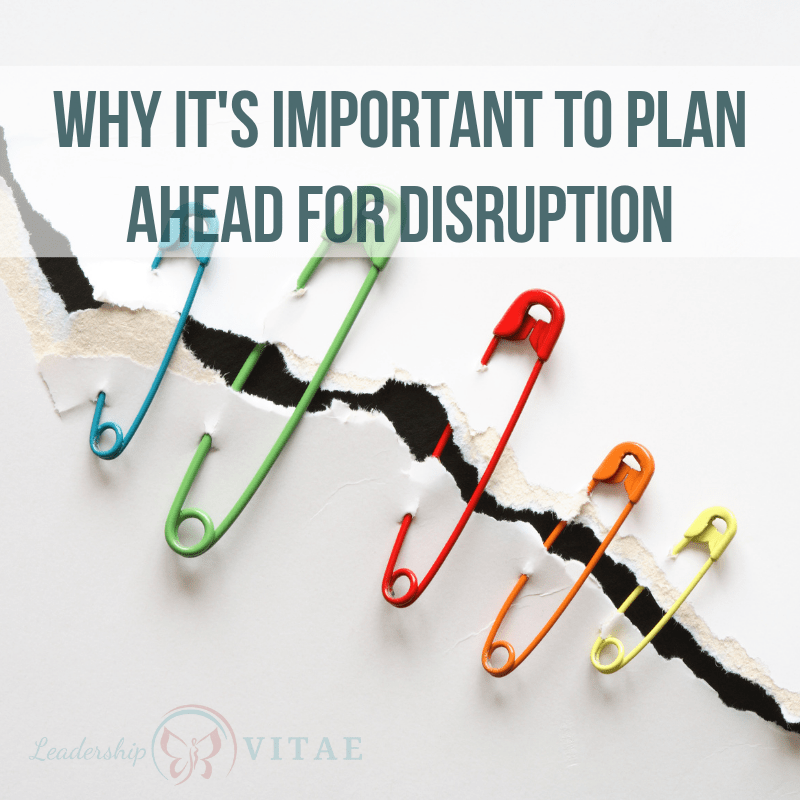
By the time you read this, it should be about mid-February. For me, it’s mid-December. I’m in my living room, re-watching Iron Man for the hundredth time, while I take full advantage of a (lately rare) writing flow.
Why the lag between when I write and when you’ll read it? Because I’m planning ahead for disruption.
A January rollercoaster
I found out a few days ago (or a few months for you) that I will have a new manager on January 4th. We are reorganizing, and a new leader is joining the company. There’s always a shift when working for someone new and unknown. Add to it a potential role shift, creating new demands, routines, and expectations.
About 2 weeks later, my son will be coming home after an extended visit with his dad. Re-entry, while smoother with each visit, still comes with uncertainty. It will also be the end of the semester, so I expect a scramble for last minute make-up assignments.
A whirlwind time. Time when I might not be in the headspace for writing or experiencing flow.
I like to think positively, but I have no doubt there will be additional mental and emotional demands. Ones I want to be able to prioritize.
And that’s okay if I plan ahead. It gives me permission to back burner something I love so I can prioritize two other areas of my life. Sometimes we have to pull back in one area to give more in another.
Anticipating disruption
While it’s rare to completely plan for disruption in our personal and professional lives, we know it can and will happen. So what can we do to prepare?
When we are in a “good” place is the best time to plan. If we’re already struggling and reacting, it’s difficult to mentally prepare for the next thing that hits.
Good is relative. We’re still in the midst of COVID, economic uncertainty, and extended heightened threat state. Maybe “good” means a day when things don’t feel like they are burning out of control.
On this good day, we can consider what daily or weekly activities have the biggest draw on our time and energy. That pull on our mental and emotional well.
Consider alternatives for those activities. Is outsourcing an option? Who else could take care of them? Can they be delayed, reduced, or dismissed?
Next, consider the good stuff. What are the things that energize us? Help refill the mental and emotional well?
Extended disruption
Sometimes disruption is short-term. Other times, it can last a while. In those cases, it’s even more important to understand our needs, what we can reasonably do, and where we might have to have grace with ourselves.
During extended disruption, options that allow us to get through the day – even if it’s not exactly as we would like – can be a lifeline.
When I first divorced, we co-parented 50/50. It was a hard time overall, but my son transitioned on Mondays. Mondays, I quickly figured out, sucked.
Healthy meals for me and my son have been a struggle for years. He’s a picky eater. Cooking is not my favorite thing, and it feels like a mountain of effort if there are other challenges going on.
Each week, Monday would be brutal, and then Tuesday less so. By the weekend, things would be much better. So I cooked on the weekends. I meal prepped for the coming week, involving my son in the decision-making and cooking. When it wasn’t a fight.
Since Monday was going to be tumultuous, I always ordered pizza (outsourcing at its best). Why fight about food if I didn’t have to? I had favorite snacks on hand. I did my best to make food less of a battle, when we were also struggling with big feelings, homework, and bed times.
The battles were exhausting. I rested on the off-weeks, but needed to make sure I was taking care of myself somehow during the week when he was home.
My days were full with work, and my evenings with my son. Once he finally crashed at night is when I’d care for myself. Maybe a bubble bath and glass of champagne. Sometimes a call to a west coast friend, who would remind me “you’ve got this,” at midnight my time. Or a favorite book while my son snoozed next to me.
I planned ahead for things that could keep me sane and functioning.
Stock up for the hard days
If we know we struggle with certain activities when times get hard, we can accept it and prepare.
Not everyone has the economic ability to outsource cooking, housekeeping, yard work, or child care. Sometimes, we have “do it all.” But maybe we don’t have to do it all right now, or perfectly.
One thing we can do is take care of ourselves when things are hard.
To help with that, we can stock up on smile triggers. Things that make us happy, or feel comfort. Everyone has their own, but here are a few of mine that I often keep at the ready:
- Frozen pizza for the kid and pasta for me
- Chocolate or some other sort of sweet
- Popcorn or tortilla chips
- Hot chocolate or peppermint tea
- Bath bombs and candles
- A stack of unread books
- New journals, pens, and post-it notes
- House paint (I love the joy of going into a newly painted room)
- A deep watch list on a streaming service
- The number for a good handyman/woman
- Numbers of my best girlfriends
One key to navigating disruption
Disruption is inevitable. Change is the only constant, and by definition it will shift and disrupt something. Maybe for the better, but it’s still an adjustment.
No matter what comes at us, there is one thing we can keep on hand to help.
Grace.
Grace for ourselves, and others, helps with the rest. Showing up can be good enough. Expectations can be put aside. We can accept our limitations, and give ourselves space for that to be okay.
While grace is the ultimate preparation, we can look ahead at our day/week/month and consider what might make it easier.
Maybe it’s a smile trigger to reenergize. Or meal prep in the freezer that can be dropped in a crock pot. An action we can take so we have one less thing to worry about at the end of a trying day or week.
No matter what preparation looks like, having a plan can make disruption easier to bear.
* * *
How do you anticipate and plan ahead for disruption? What tips can you share with others as they plan for the unknown?








